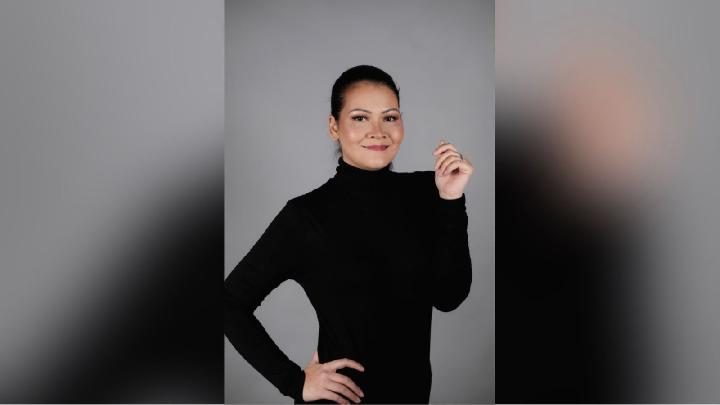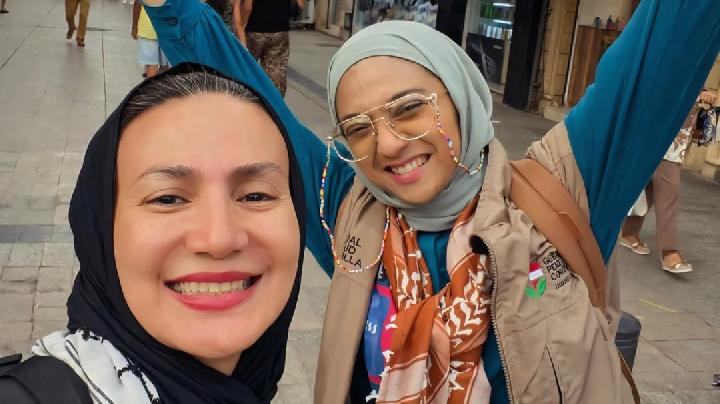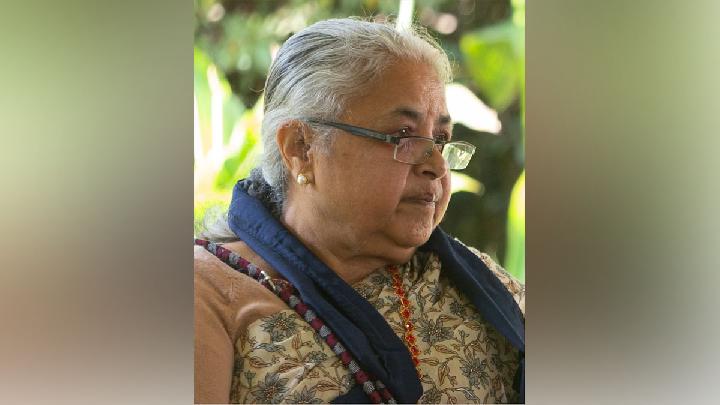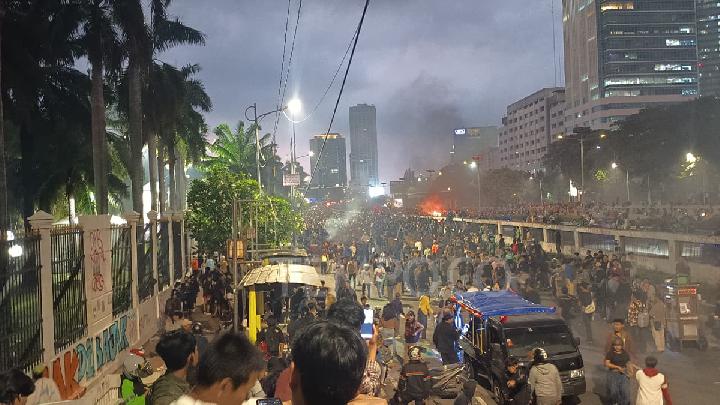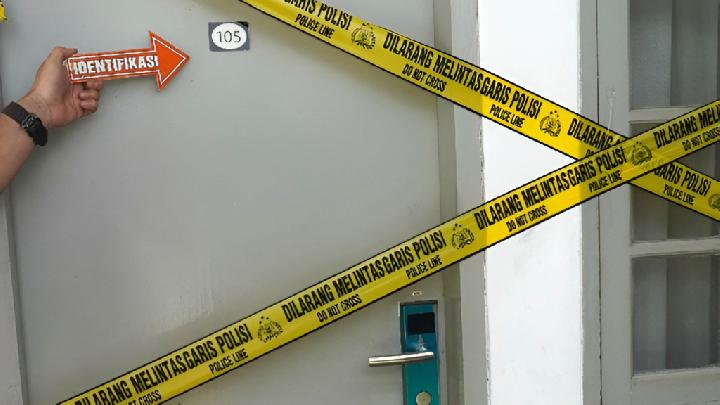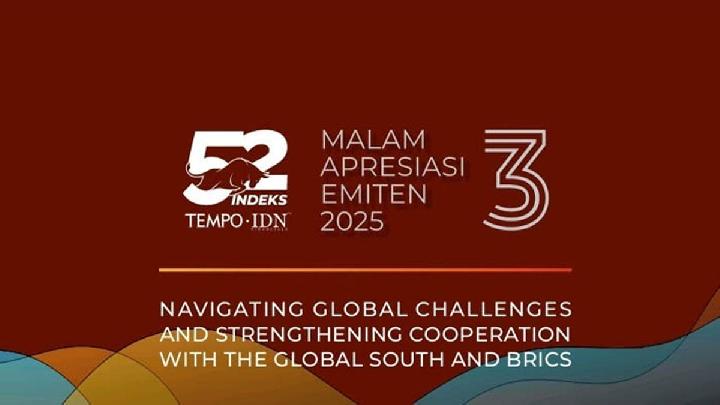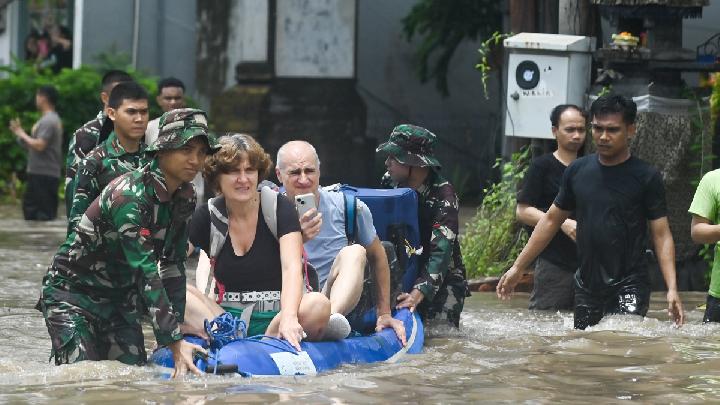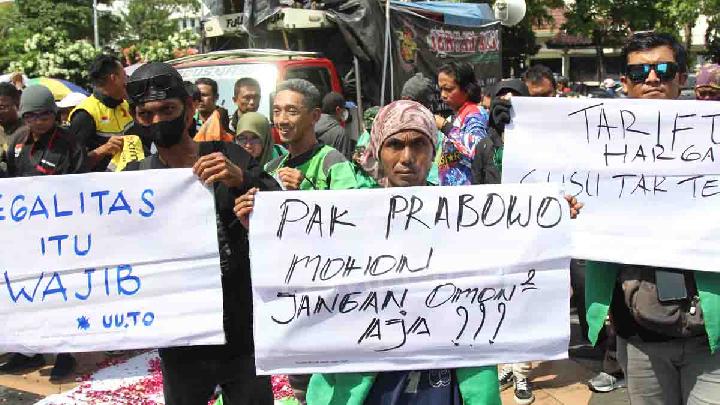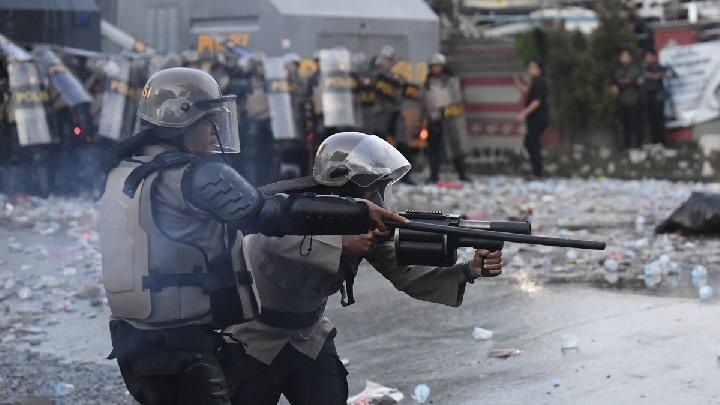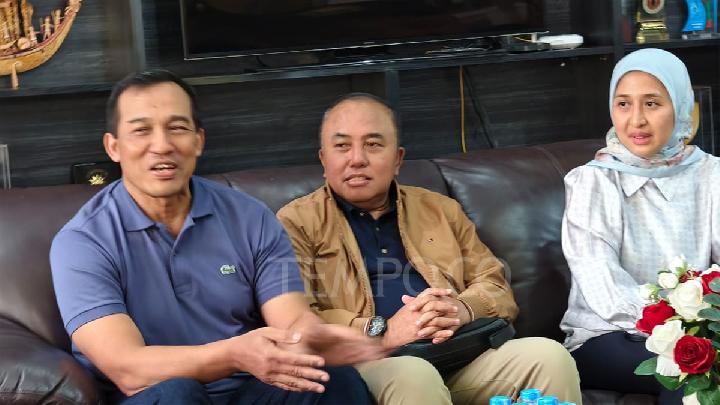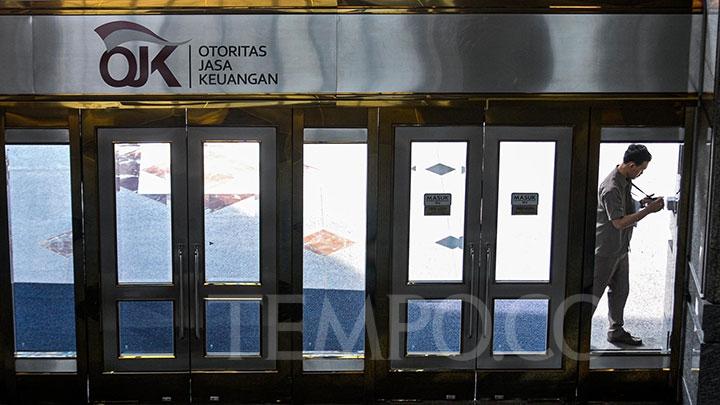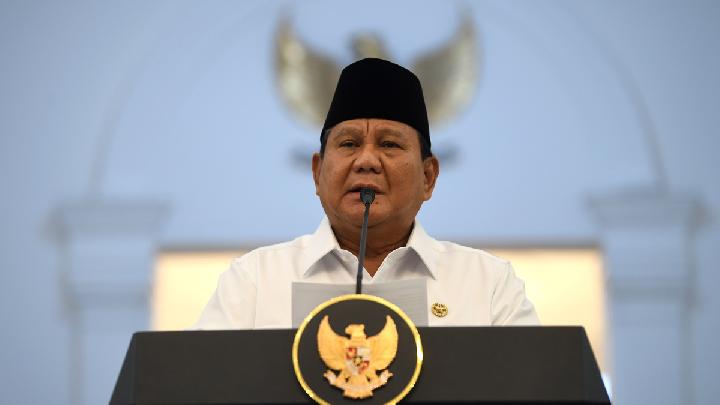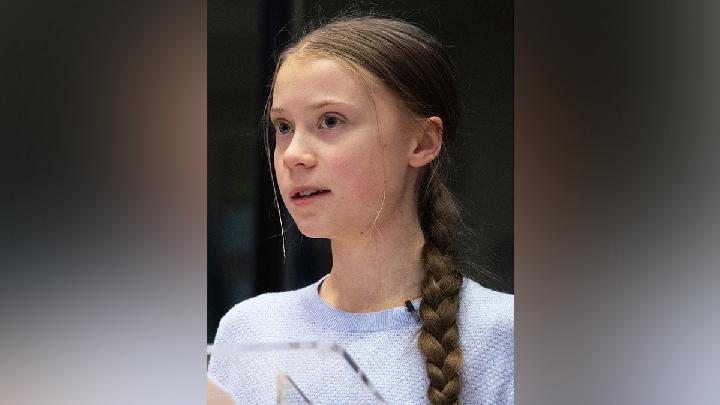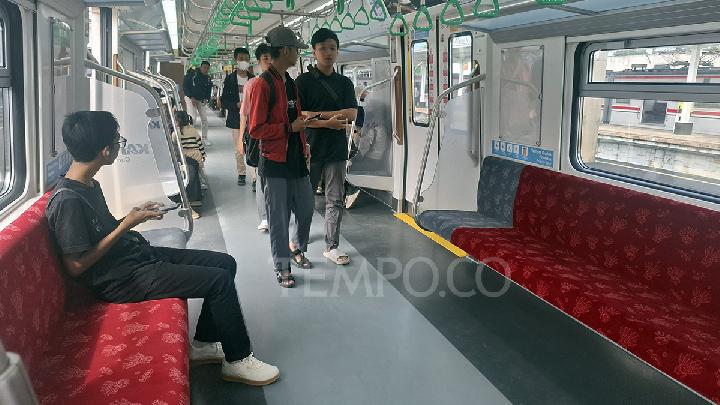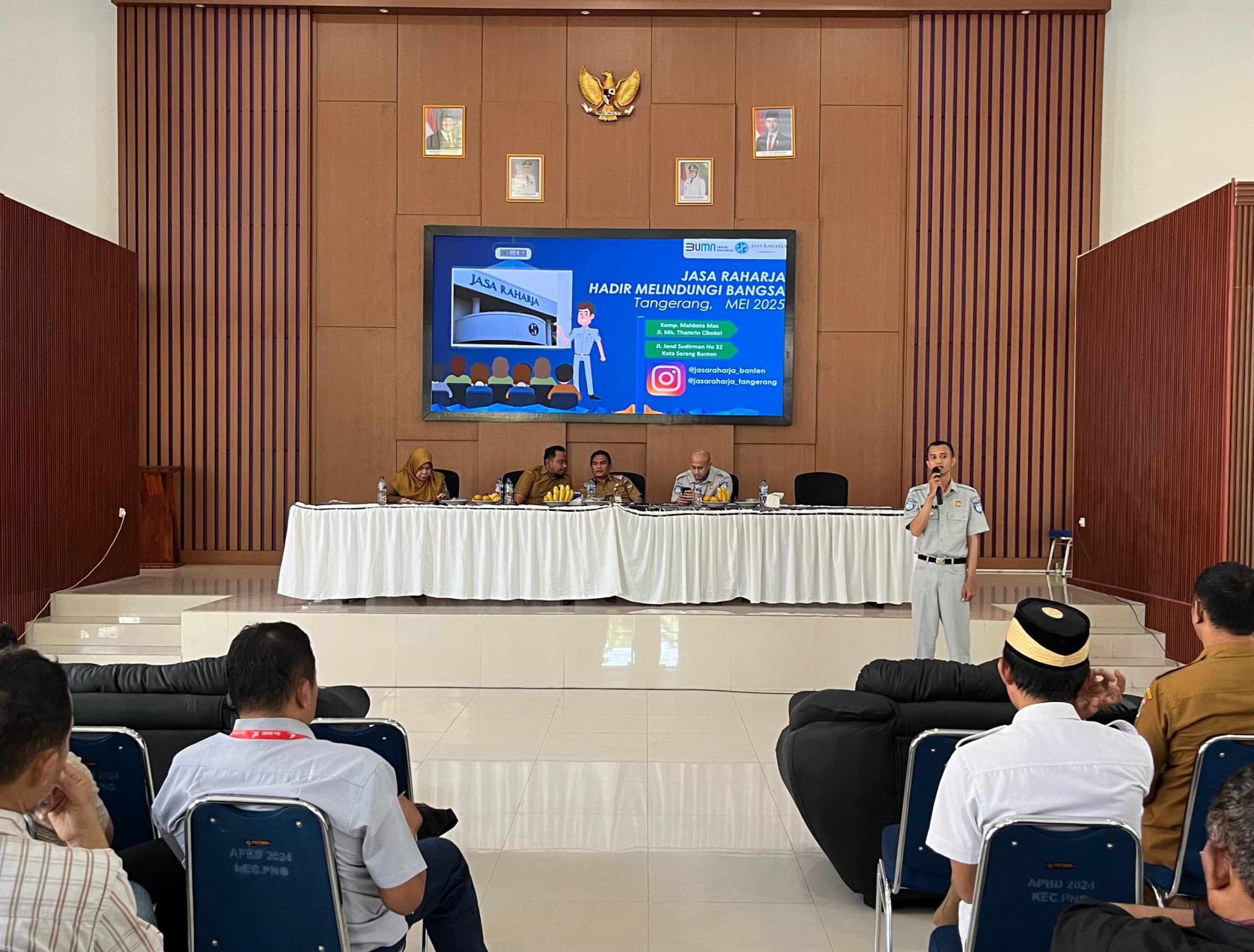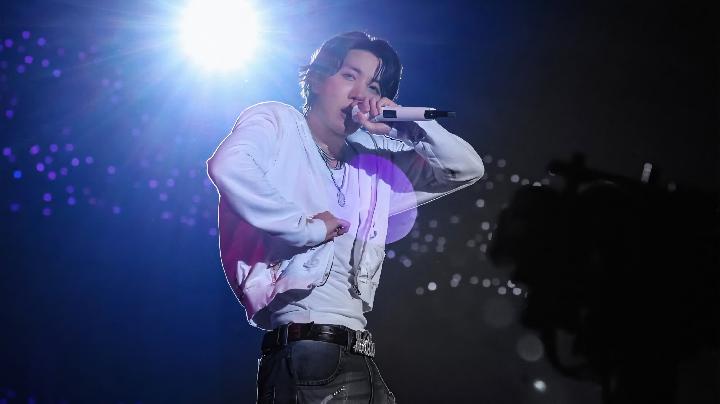
TEMPO.CO, Jakarta - The state must provide safe digital spaces for children. The drawing up of its legislation needs to involve the public.
ALMOST every parent agrees with the need for digital spaces that are safe for children. As well as fostering creativity, there is evidence that the Internet has a negative impact on children—dependency, a decline in social skills, and mental health problems. But the government should have provided room for public participation when drawing up this legislation about safe digital spaces for children.
President Prabowo Subianto has signed Governmental Regulation (PP) No. 17/2025 on the Governance of Electronic System Providers for Child Protection, or known as PP Tunas. It was issued without a transparent process. The public was only able to access it after the President signed it on March 28, 2025. As a result, there are provisions that have led to a range of interpretations.
The regulation was drawn up to protect children from dangerous digital interactions. Begun in the time of Communication and Informatics Minister Johnny Gerard Plate, it covers three aspects, namely protection of children’s personal data, child safety, and child welfare. But like many other digital regulations, dangers appear when the limits are unclear and there is too much scope for interpretation.
One article states that children under the age of 13 can only access products, services, and features specially designed for children, that these must be low risk, and that parents must consent. But limits to access could restrict children’s freedom of expression and self-development because a lot of content is useful despite not being specifically designed for children. The regulation should stipulate which content can be and which must not be accessed by children.
The regulation also obliges operators of electronic systems to provide education to parents and children. The section on administrative sanctions for those violating this provision gives the Communication and Digital Affairs Minister the authority to decide on administrative sanctions. But the granting of this kind of full authority to a minister, without assessment mechanisms by independent institutions, could lead to injustice. Independent institutions are necessary to determine whether accusations of violations are objective.
The definition of content that endangers children in the regulation is also too general. If it is not strictly and technically defined, this category could be used to designate content that is educational, or that contains social criticism or presents alternative narratives as dangerous simply because, for example, it is not in line with the official view of the government.
And the regulation does not even involve an institution like the Indonesian Child Protection Commission as an independent body to assess alleged violations of electronic systems implementation. Meanwhile, a concrete mechanism giving the public a role is not specifically included in the regulation.
Public oversight is important to ensure that people’s right to freedom of expression and children’s right to digital protection can proceed in parallel. The government needs to open itself up to inputs from various sectors. This is necessary in order to ensure that the regulation can be made more effective and easier to implement on the ground. After this, the regulation needs to be made more specific to the possibility of different interpretations being misused.
Child protection is both a moral and constitutional obligation. To address this demand, however, government regulations must be carefully and accurately drafted to avoid mistakes and abuses in its implementation.
KPAI: Some Children Sick with Exhaustion in West Java's Military Barracks
4 jam lalu

KPAI also did not find the presence of the children's parents or guardians at the military barracks.
Observer: Dedi Mulyadi's Military Barracks Education Only Good for Short Term
4 jam lalu

If the student education program in Dedi Mulyadi's military barracks is implemented for the short term, it may have a positive impact.
Indonesian Police Investigate Facebook Incest Groups, Identify Suspects
21 jam lalu

The police collaborated with the Ministry of Communication and Digital Affairs, which holds the authority to take action against online incest groups.
KPAI Urges Komdigi, Bareskrim to Act Faster in Taking Down Facebook Incest Content
2 hari lalu

KPAI urges Communication Ministry (Komdigi) & the Police's Criminal Investigation Division (Bareskrim) to increase cyber patrol intensity in Facebook.
KPAI Condemns Facebook Group Featuring Incest Content
2 hari lalu

Indonesian Child Protection Commission (KPAI) strongly condemns the alleged incest content found in a Facebook group.
Tips to Ensure Smooth Synchronization of WhatsApp Messages with WhatsApp Web
2 hari lalu

Take note of the following important things to ensure the smooth synchronization of messages in WhatsApp with WhatsApp Web.
KPAI Reports: Some Children Want to Leave Dedi Mulyadi's Military Barracks
8 hari lalu

KPAI reports that children participants feeling uncomfortable and choosing to leave the military barracks, as initiated by Dedi Mulyadi.
China Launches World's First 10G Commercial Broadband Network
9 hari lalu

China's 10G network reportedly offers download speeds of up to 9,834 Megabits per second (Mbps).
West Java Governor Confident Sending Children to Military Barracks Will Solve Juvenile Delinquency
12 hari lalu

Sending troubled children to military barracks is a viable solution to address juvenile delinquency, says Dedi Mulyadi
New Zealand Lawmakers Propose Ban on Children Using Social Media
13 hari lalu

A legislator from New Zealand proposes bill to restrict children's access to social media.

